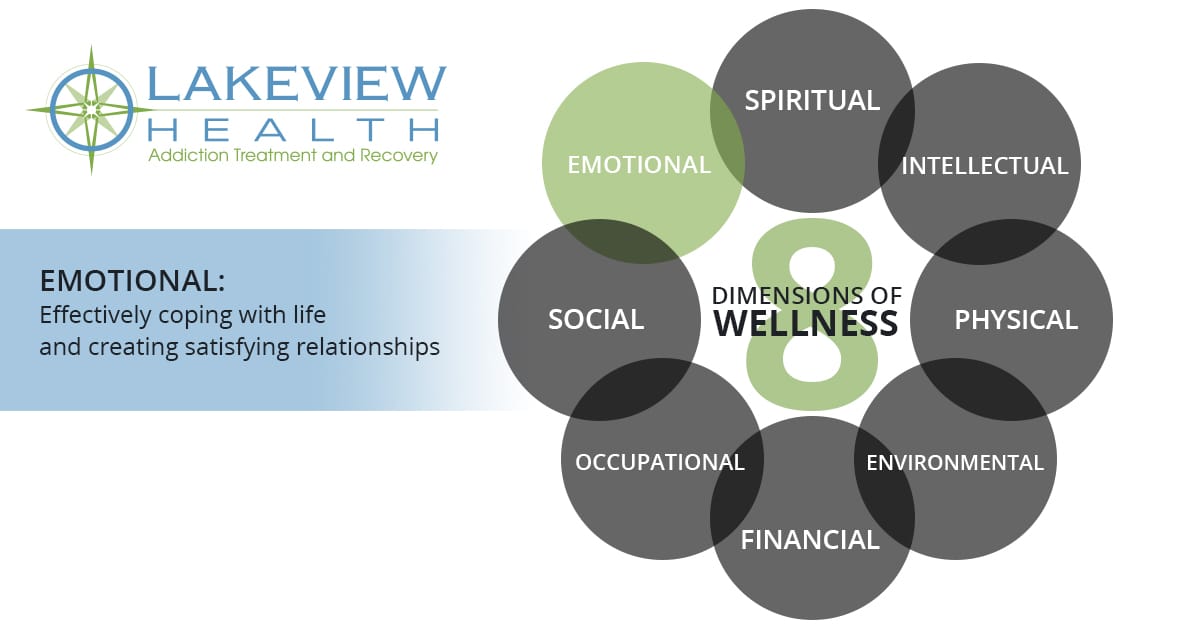

By: Shelley Muller
The Eight Dimensions of Wellness: Emotional
By: Vaughn Bryant Emotion is a primary dimension of the human experience and has the potential to greatly enhance one’s wellbeing in life. It also has the potential to debilitate a person with sadness, fear, anger, guilt and other negative emotional states. Emotional wellness is achieved by mastering the emotional mind with these three skills:
Either you will master emotion or emotion will master you.
Awareness and perception of emotional state is the first skill to mastering emotions. Emotions are feelings that can be described with one word, such as peace, content, love, happy, sad, angry, fear, disgust and regret. To master perception of emotional state, one should sense their emotional state and describe their emotion with one word. This can be done with a simple statement of emotion such as, “I feel fear.”
Feelings are real, but they are not facts.
The next skill on the path to mastering emotion is understanding why you feel as you do. Emotions emerge as a reaction to an internal or external stimulus activating electrical and chemical processes in the brain, and therefore emotion is driven by the meaning assigned to those stimuli. Some stimulus will inherently evoke emotion, like heights. The fear of heights is an innate survival mechanism as it will prevent a person from going too close to a dangerous drop-off. Just about every other fear is learned, although some fears are irrational based on distorted thinking. Mastering emotion requires the understanding of how the emotion was learned. This is the “why” of the emotional experience. This skill requires you to examine your psyche and identify why you feel as you do, and many people will need the help of a master therapist to understand “why.” One person may “fear” intimacy because they believe intimacy will cause them to lose their sense of self. Their fear is real, but it is not a fact because in a healthy relationship a person can experience intimacy and maintain their sense of self.
Mastering emotion leads to emotional wellness.
The final skill in mastering emotion is the ability to regulate it. Emotional regulation requires the ability to construct a plan for changing thought or action to create a rational and healthy emotional outcome. If a person fears intimacy because they are afraid to lose their sense of self, then they will either avoid intimacy (and escape relational wellness) or change their belief about self and intimacy. The change required in our example of “intimacy fear” is for the person to reconstruct their belief about intimacy and self. The healthy experience of intimacy and securing the sense of self can be achieved by deconstructing the irrational codependent belief and reconstructing a healthy, functional, and emotionally secure belief about self and intimacy. Mastering emotion requires the application of acceptance and change in thought and action to create the beliefs that produce healthy and rational emotional outcomes.





